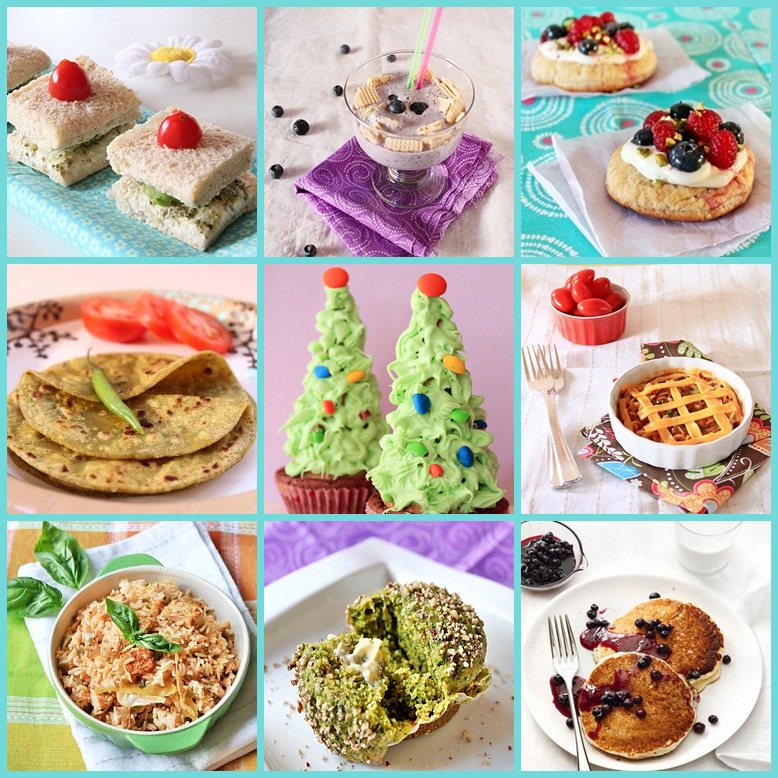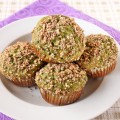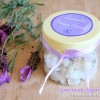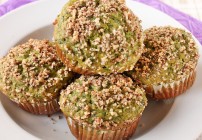We have kicked off 2021 with hopes and dreams that this year will be much better than the last! And like most other years, people have made their resolutions and are starting to live them out. If you’ve decided to try a vegan lifestyle (like me, then let me tell you that it’s easy to Go Vegan if you spend some time planning your meals and your shopping needs.
My initial visits to vegan grocery stores taught me that vegan brand food can be more expensive than normal groceries. So how do you live this vegan lifestyle without going bankrupt. The answer is in the article below. With some knowledge of food groups and some smart shopping you’ll glide down the mountainside of 2021 and still be vegan this time next year.
Vegetables
There are different degrees of Veganism, just as there are different degrees of vegetarianism, but one thing they all have in common is vegetables. If you think you might be missing out by not eating meat then think again. Vegetables are not only delicious, they are far more nutritional, and much cheaper as well.
The three food groups to look out for in the supermarket include Cruciferous Veggies such as broccoli, cauliflower, kale; Starchy veggies, such as potatoes, sweet potatoes, parsnips; and Allium Veggies such as onions, scallions, garlic, and mushrooms. If you buy in a variety from these groups you will have plenty to work with and enough supportive nutrients.
Grains
Grains are a vegan’s best friend. Even if you haven’t been a big fan of grains in the past it’s a good idea to adopt them in your vegan lifestyle. They provide excellent nutritional value, help control your weight, and contribute to improved gut health with good bacteria. Eating grains can also reduce your risk of heart disease and cancer.
Grains take the form of brown rice, wild rice, rolled oats, pasta, couscous, white bread, crackers, rolls, wraps, white, cereals, and all-purpose flour. When you go to the supermarket make sure you have a few items on your grains list and check out easy ways to make oatmeal when you return.
Legumes
Like grains, legumes are often overlooked by non-vegans since they don’t seem to offer much in the way of nutrients. That’s possibly because non-vegans don’t think much about protein. The truth is legumes are packed full of protein, fiber, and complex carbs, that are invaluable for people who choose not to eat animals.
Ensure that you have a selection of legumes on your shopping list this January. You can buy legumes dried or canned. Choose from kidney beans, black beans, navy beans, pinto beans, fava beans. Canned legumes can be chickpeas, baked beans, and lentils. Some soy products also qualify such as tofu, tempeh, and soya milk.
Fruits
Vegetables are what vegans mainly live off, but so is fresh fruit. Fresh fruit makes up a significant portion of the vegan diet and contributes some important nutrients such as natural sugar. Contrary to popular belief this natural sugar is not bad for you. It does not put on weight. On the contrary it supports an optimal blood-sugar level.
When you go to the supermarket to buy your first vegan shopping you will have the option of four fruit types. You can buy fresh fruit, frozen fruit, dried fruit, or canned fruit. It’s recommended to buy a selection. You want fresh fruit for now and canned fruit for when you run out. Frozen fruit is also excellent on morning oatmeal.
Nuts & Seeds
When you go to the supermarket with your vegan shopping list don’t forget nuts and seeds. There are some nutrients and minerals vegans have to make an effort to obtain. Usually a good vegan supplement is enough to support your system, but many of these vitals can also be obtained from nuts and seeds.
Nuts and seeds contain vitamin B12, omega-3, calcium, zinc, magnesium and iron. They take the form of almonds, walnuts, pecans, hazelnuts, cashews, macadamia and Brazil nuts; you might also buy some chia, hemp, flax, sesame, pumpkin or sunflower seeds. These are excellent in cereals or to eat as a healthy evening snack.
Condiments
After you have all the items you want from your vegan food group list, you might think you have everything you need to cook up a delicious vegan meal. Not so fast. If you don’t have some tasty condiments chances are your initial vegan efforts might be bland and off-putting. While you’re in the supermarket remember to pick up some extras.
Generally condiments come in various forms, there are Herbs and Spices, Dips and Sauces, and Vegan Flavoring. Buying vegan condiments such as turmeric, ginger, yeast flakes, soy sauce, mustard, hummus and vegemite, ensures that your food tastes exciting and does not contain any trace animal products like milk and eggs.
Baking & Cooking Items
At first it can be interesting to try the vegan brand food to see what’s available, but you will soon notice a black hole in your pocket. This brand-food can be quite expensive. Thankfully the alternative, cooking your own meals, is more interesting and far cheaper. It’s certain that before the month’s end you will be cooking your own delicious vegan meals.
But the fun doesn’t stop there. When you discover the great dairy alternatives on offer it won’t be long before you start baking as well. Most people assume that it’s difficult to bake vegan food. It is a little more challenging but when you replace binding agents like eggs with dates or bananas you will discover a whole new dimension to baking.
Vegan Dairy Replacements
There has never been a better time to turn vegan with so much support around in the form of staple replacements. Going vegan doesn’t mean you have to give up the things you love, milky tea for instance, or ice-cream. Of course there will be some compromises but you have to remember that your actions are contributing to the greater good.
For milk you can choose between soya and oat. Some people have a preference for one over the other in their cereal or tea. Probably oat milk is the slightly more ethical choice these days based on soya overproduction, but either is a better choice for the planet. If you love ice-cream you’re sure to find some interesting non-dairy options in the freezer for a winter treat.
Hope this starter article helps you understand the best way to embrace Veganism. If you have useful tips to share, please don’t forget to share them via comments below!
Related Articles:
Take Charge of Your Health with these Superfoods
5 Fun Fitness Alternatives to Gyms
Related Posts
- Vegan Pineapple Muffins
Who doesn't love Pineapple Muffins?! Though a bit under-rated than Chocolate, or Blueberry Muffins, these…
- Best Vegan Brownie Recipe
Vegan BrowniesAfter the copious amount of emails for a vegan brownie recipe that flooded my…
- Thumbprint Cookies - Vegan
Out of all cookie recipes, I find that Thumbprint Cookies are easiest to make, and…


















